10 Differences Between Living in Thailand VS the UK
Whenever you plan to make a move abroad, the changes in day to day life is all apart of what makes long term travel exciting. However, it can be helpful to have a heads up about a few things so you can know what to reasonably expect; whether that’s to accurately plan your budget, be aware of certain customs to be as respectful as possible as soon as you land, or what to bring with you. For those travellers who want to make the leap but still feel slightly anxious about it, knowing a bit about where you’re headed may help make the transition easier.
If you’re planning on making a move to the UK from Thailand or visa versa, there are many cultural changes that took a lot of time for us to get used to within the everyday. Although I specify the UK in this post, there are definitely some broader cultural norms prevalent throughout the entire western world that you may feel apply, so if you’re reading from Canada, the States, or some parts of Western Europe, some of these may resonate.
There are some more obvious differences, such as the climate or wildlife, that we don’t specify in this post, but are still very much unique to the UK and Thailand.
If you’re planning on coming down to Thailand for either a shorter or longer term visit, here are 10 things you can expect in the everyday ways of life that we found to be the most different from home (other than climate).
1. Cost of Living
One thing we took to straight away was the significantly reduced cost of living in Thailand. The pound goes quite a long way in Thai Baht, and at the time we made the move over, we got about 45 THB per £1.
If you’re planning on a long holiday on a lump sum, looking to retire abroad, or are working remotely as a working traveller, know that Thailand has been chosen for a long time as an ideal destination for these types of travellers because the £ goes very far. If you’re planning on living and working in Thailand within a local industry or within your skillset, know that the Thai minimum wage is reflective of the lower cost of living but we still found the baht much more reasonable for staples like food and local transportation as opposed to Britains rising costs.
We found we were comfortably able to live on the cheap, with most of our daily expenses like travel, food and accommodation nothing close to what they are in the UK (for instance, a single night when we returned to the UK had got us two weeks in a nice place in Northern Thailand), and our main meals usually cost in around 50p- £1 each. No wonder we bumped into quite a few retirees and expats when we were down there!
If you’re looking to come and live in Thailand on a long holiday, check out our guide on how to apply for a 60 day visa and how to extend it once you’re down there
2. Language and Demeanour
The Thai language is very different from English and other western European languages in a few ways, most notably that it is a tonal language. This means that the way you say a word changes it’s meaning altogether, which can be tricky for English natives. For tourists and travellers, it’s important to know the basics of greeting someone politely and respectfully, since this is very much apart of Thai culture (whereas confrontation or argumentative behaviour is very taboo).
As we mention in our post on Songkran, small things such as returning the wai greeting (palms together, head bowed) is a sign of respect, and learning the basic phrases of how to greet someone “sawasdee” (sah-wah-dee) followed by “kha” for women and “khap” for men, and how to say thank you “khàawp khun” (kap-kuhn), followed again by “kha” for women and “khap” for men.
Although English is widely adopted throughout the country, with many Thais looking to improve upon their English language ability, knowing the basics of the Thai language, or at least showing a willingness to learn, goes a long way.
3. Cuisine
There’s a lot to say about the differences in Thai and British cuisine, but they are very much the same in that culturally it brings people together.
Thailand is known for their wok-fried dishes, with their curries, stir-fry, and noodle dishes all traditionally prepared in a wok. Their spice palate uses chilli, lemongrass, ginger, garlic, turmeric, coriander, star anise, cumin and galangal (among others). Although Brits like their fry-ups, our cuisine generally comes in the form of boiling, baking, roasting, braising or stewing, and we tend to use black pepper and salt seasoning to bring out flavour rather than using spice blends. Based on the geographical difference, Thais are more known for their fresh fruit while Brits champion seasonal vegetables.
A major difference that I had to adjust to was the way food was handled. As a chef working under British standards for food safety, I was admittedly a bit skittish at first, especially in open-air wet markets and among some street food stalls. Ultimately, experiencing both ends of the spectrum is all part of the experience.
4. Haggling
Walking down Chiang Mai’s infamous Tha Pae Walking Street, find out more here.
Although haggling is very much not apart of British culture, it is very much the norm in Thailand, especially in street markets and walking streets, where negotiating with the seller on what you’re willing to pay is almost expected.
As we mention in both our Phuket and Morocco posts, feel free to negotiate prices, as they will give you the highest ‘tourist price’ first, but learn how to haggle in a respectful way. Remember that the business is a livelihood for your vendor, so although you don’t want to get overcharged, don’t be cheap about it. Stick to haggling in the marketplaces and avoid doing this in more formal restaurant or shop settings where it’s less appropriate.
5. Thai time
Generally, Thai time refers to a relaxed approach to timelines, and we were given a heads up that it would be one of the major cultural differences coming from the Western world, where being on time is considered respectful. Although we found ‘Thai time’ to be true in many cases, it’s definitely not the rule.
You’ll see that local buses or Songthaews will operate on a ‘when they arrive, they arrive’ timeline, or perhaps notice some businesses operating without set opening or closing times. However, we found the concept of Thai time to be relevant only in certain parts of the country. In Bangkok, for instance, the BTS Skytrain and MRT lines were like clockwork, being efficient and on-time. We also found that in some parts of Thailand, especially the most tourist-centric spots, the Thais certainly did not approach their businesses casually and were actually brazen entrepreneurs at times.
Generally speaking, the Thais are a relaxed, happy and easygoing people, and although some areas of the country operate on a more flexible timeline, you won’t see it everywhere.
6. Road Rules
If you’ve ever spent any time in Thailand, you’ll have feared for your life at least once when trying to cross a road, with overloaded motorbikes, scooters and tuk tuks whizzing past you without a care in the world. Much like other parts of Asia or Africa where scooters and motorbikes are the norm, you’ll see entire families (including baby and dog) riding home on the back.
Distinctive pedestrian crossings, where walkers have the right of way, are very few and far between, and even when you do see zebra crossings, don’t expect vehicles to stop if you’re waiting on the pavement. We realised that you need to find the perfect balance of confidence and cautiousness when navigating the roadways, as vehicles won’t stop unless they have to.
Seatbelts and helmets are among a few safety features that aren’t the norm in Thailand, so hang on tight if you’re riding in a particularly quick tuk tuk or are the last one to board a songthaew.
Visiting Phuket? Here are our tips on how to get around….
7. Bottled Water
Although we’ve travelled through locations where buying bottled water was necessary, this was our first time where we’ve lived somewhere longer term that relying on bottled water was the norm. It really gave us a newfound insight and perspective into our privilege living in the West, where tap water is generally safe for consumption.
Buying bottled water won’t set you back too much (Between ฿5-฿14 for a standard bottle depending on the area), but we definitely recommend bringing a reusable water bottle and buying in bulk if you’re staying anywhere for a longer amount of time.
7/11 usually carry large containers of drinking water which can be cost effective and will help in your plastic consumption. You’ll be able to refill these containers in certain places around the country where water stations are available to purchase water by the litre or gallon.
8. bidets
From exploring city centres and more remote locations within the country, we came across a wide range of facilities, from squat toilets with pails of water to heated seats with varying water pressures and a built-in dryer. However, within this range, there will always feature a bidet.
If you haven’t had the pleasure of using one, you certainly will when you move down, and it’s something that you’ll have to adapt to quite quickly (unless you stay at a more international chain hotel). Most of the facilities in Thailand will specify not throwing any loo roll down the toilets, so bidets are very much the most commonly used.
Our advice is to always carry some napkins and hand sanitiser with you to use in a pinch - some places won’t have anything, especially if you head off the tourist trail, and to embrace the bidet! It’s actually harder to go back to loo roll once you’re used to it.
9. Religion
Over 95% of Thais practice Buddhism, and this is inherent in the 30,000 temples which are still actively in use and Monks are revered by the population and highly respected. Despite falling numbers, Christianity is still the dominant religion across the UK, with statistics prevailingly coming in around 55%-65% across the last decade.
Although there is a difference between the two religions, you’re able to see the religious history present in both locations, with cathedrals, churches and abbeys commonly seen throughout the UK and Buddhist temples adorning every neighbourhood. This being said, the temples are very much still used to this day, whereas Catholic sites tend to be split between active practicing sites and tourist locations.
This religious difference is also seen through the date. Although you will see the Common Era (CE) date used around the country, especially with spots that are popular with tourists and visitors, you also may notice the year the Buddhist Era (BE) date, which is what the Thais use to mark their calendar. When we visited this year, most Thais around the country were celebrating the year 2565.
10. Reverence for Royalty
Although both Thailand and Britain have a monarchy, we found Thailand’s reverence, commitment and ultimate cultural tone towards their royal family very different than in Britain.
According to the Thai Criminal Code, anyone who ‘defames, insults or threatens the King, the Queen, the Heir-apparent or the Regent, shall be punished with imprisonment of three to fifteen years’. There is a genuine loyalty to the royal family that can be seen throughout the population, who always speak highly and with great respect of their King, and can be seen no matter where you are in the country, with gilded portraits of the King and his family adorning many major intersections, on every temple threshold, and within even the most unlikely of places.
Although Britain's royal family is revered in many ways, especially by the country’s royalists, there is certainly more scrutiny within the UK of the monarchy. Seeing members of the royal family in tabloids and gossip magazines, a Netflix show dedicated to the writer’s take on their family, and the population unafraid to state their opinions regarding the royal family just simply would not be allowed in Thailand.
We really enjoyed our time living in Thailand, and it certainly was such a different experience to our lifestyle in Scotland and anywhere within the Commonwealth.
Is Thailand on your list to travel to? If you’ve been, what else would you add to this list?
happy travels,
Sam
More on Thailand….


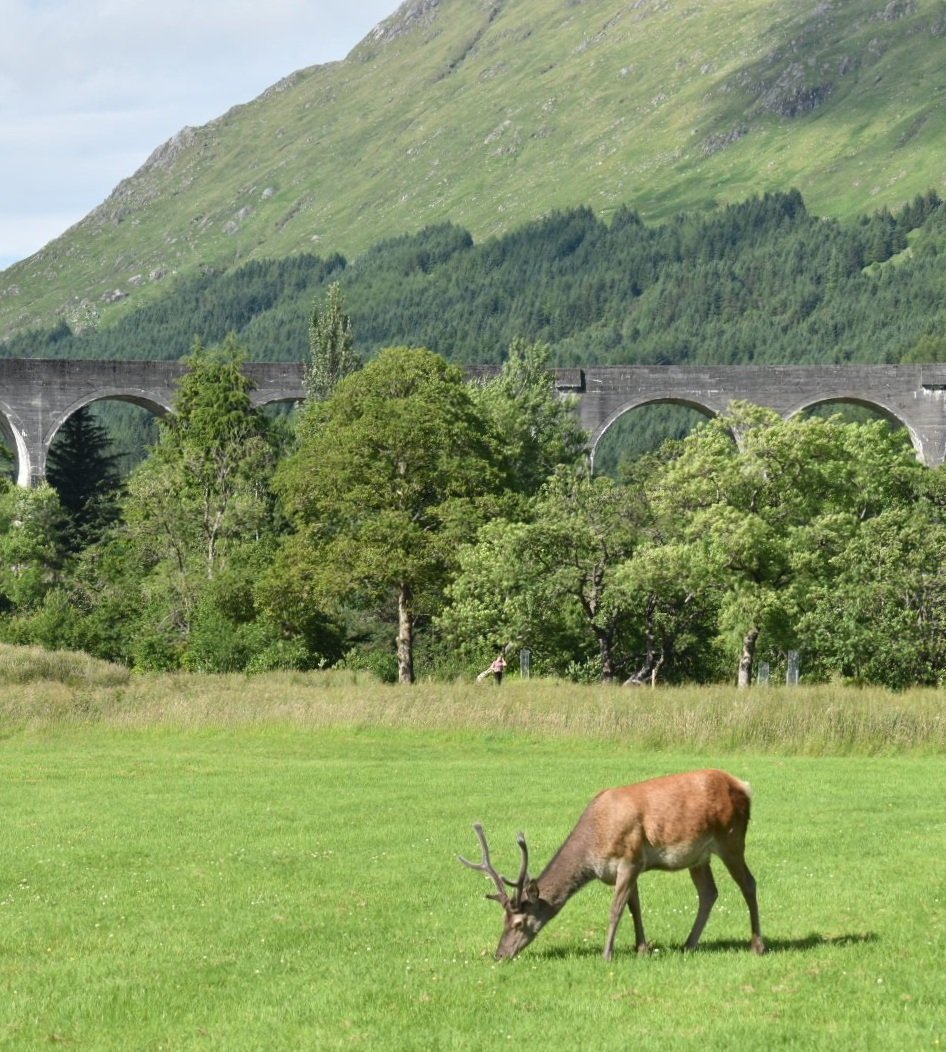
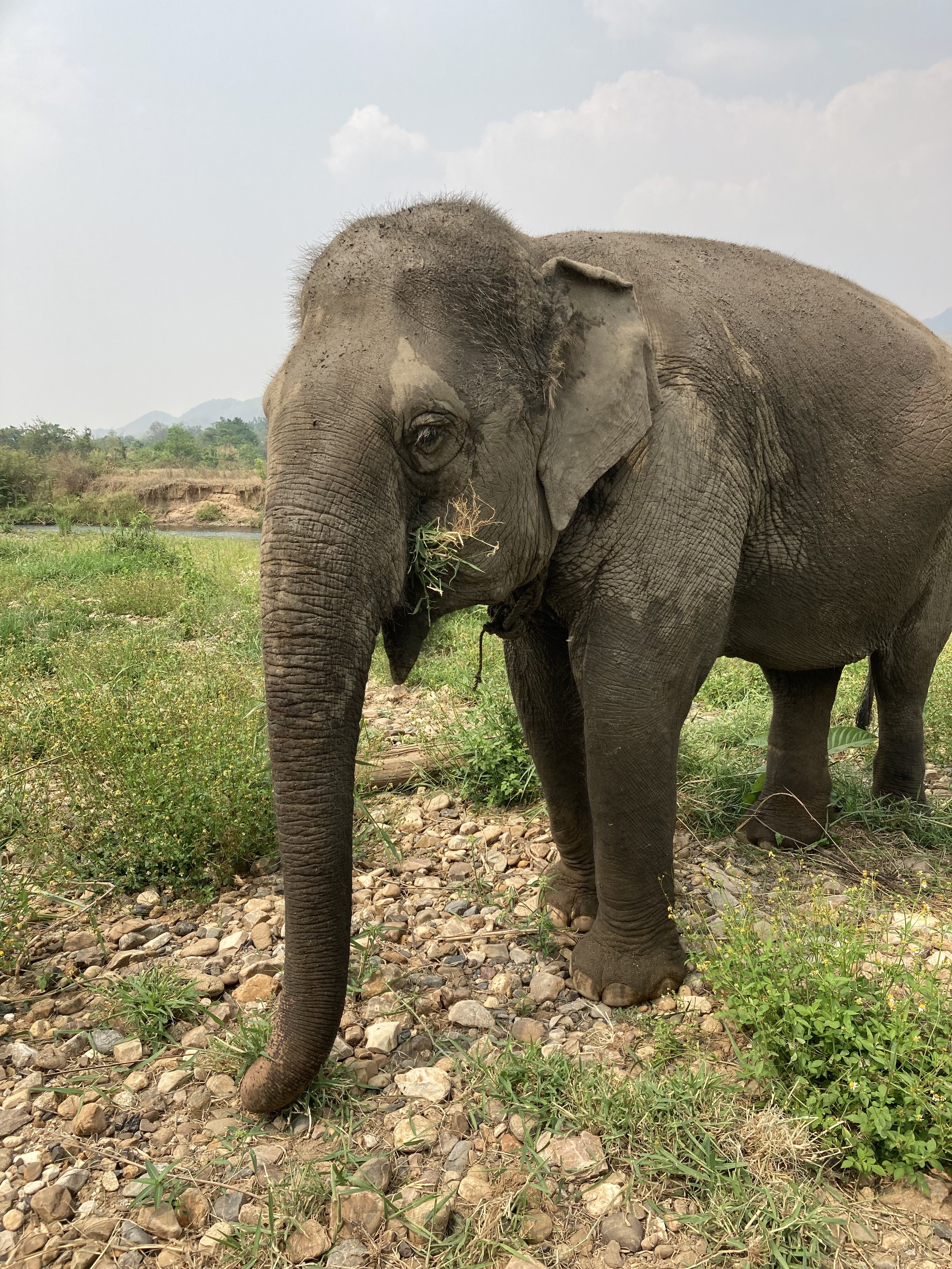
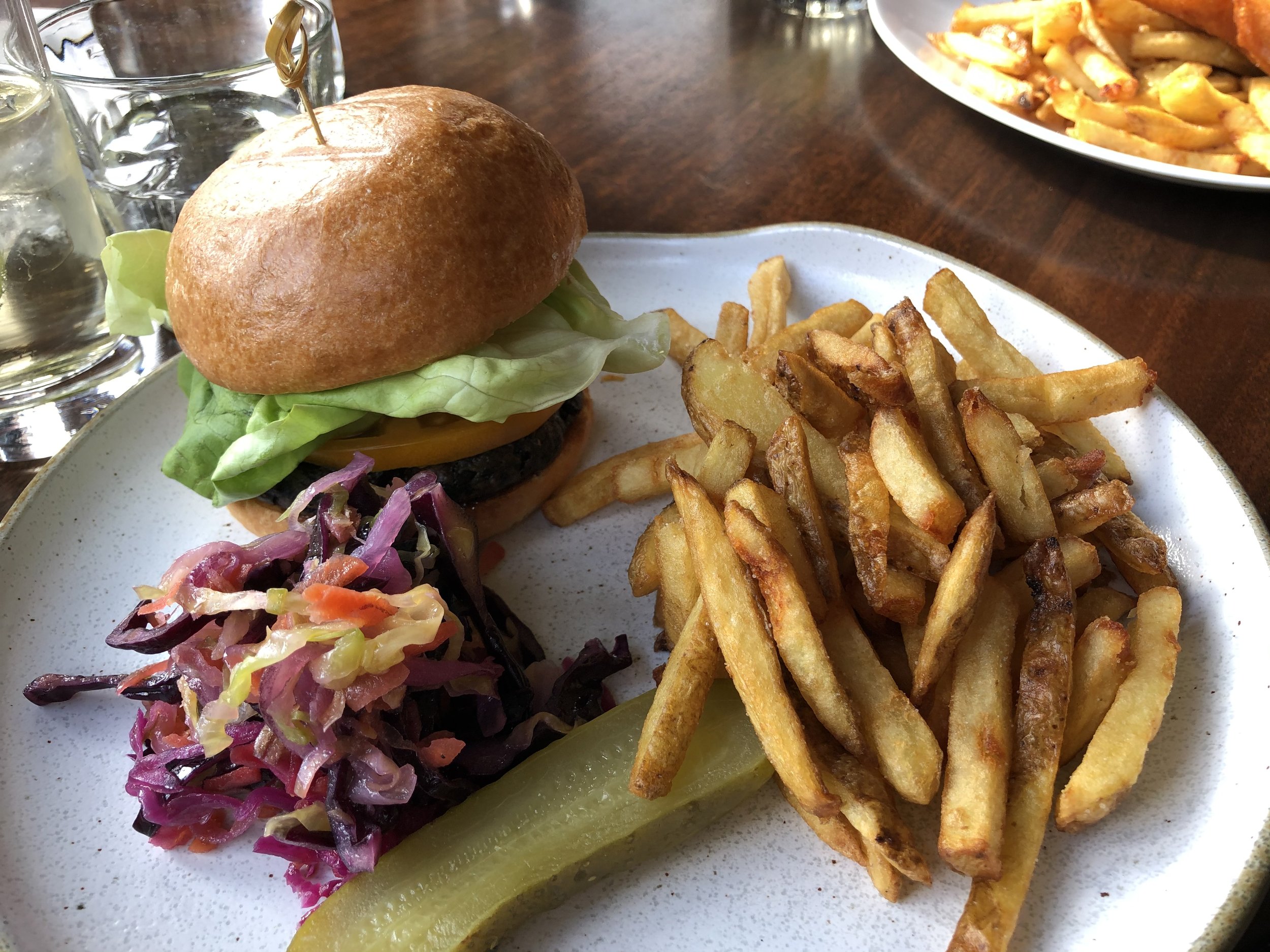
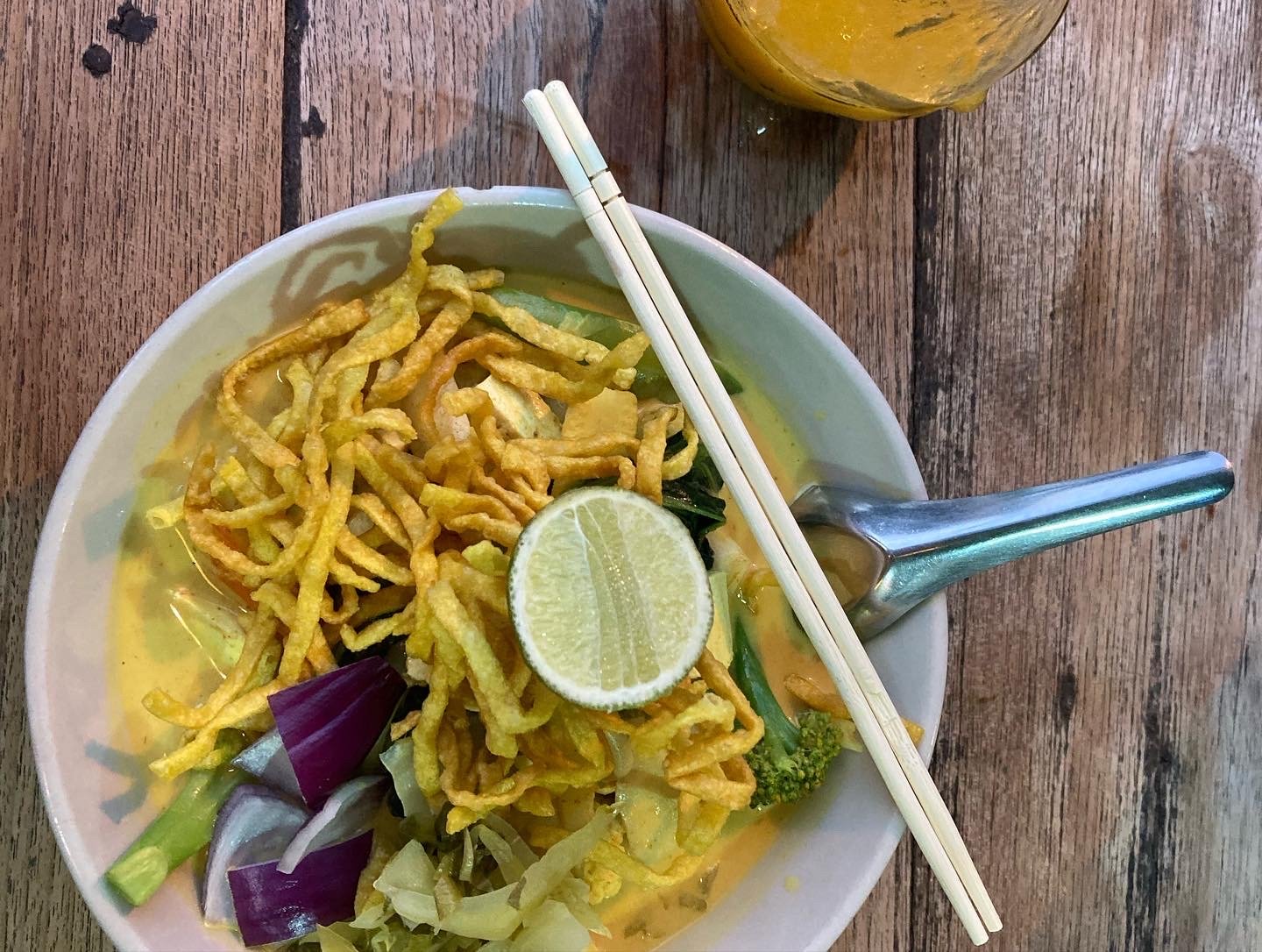
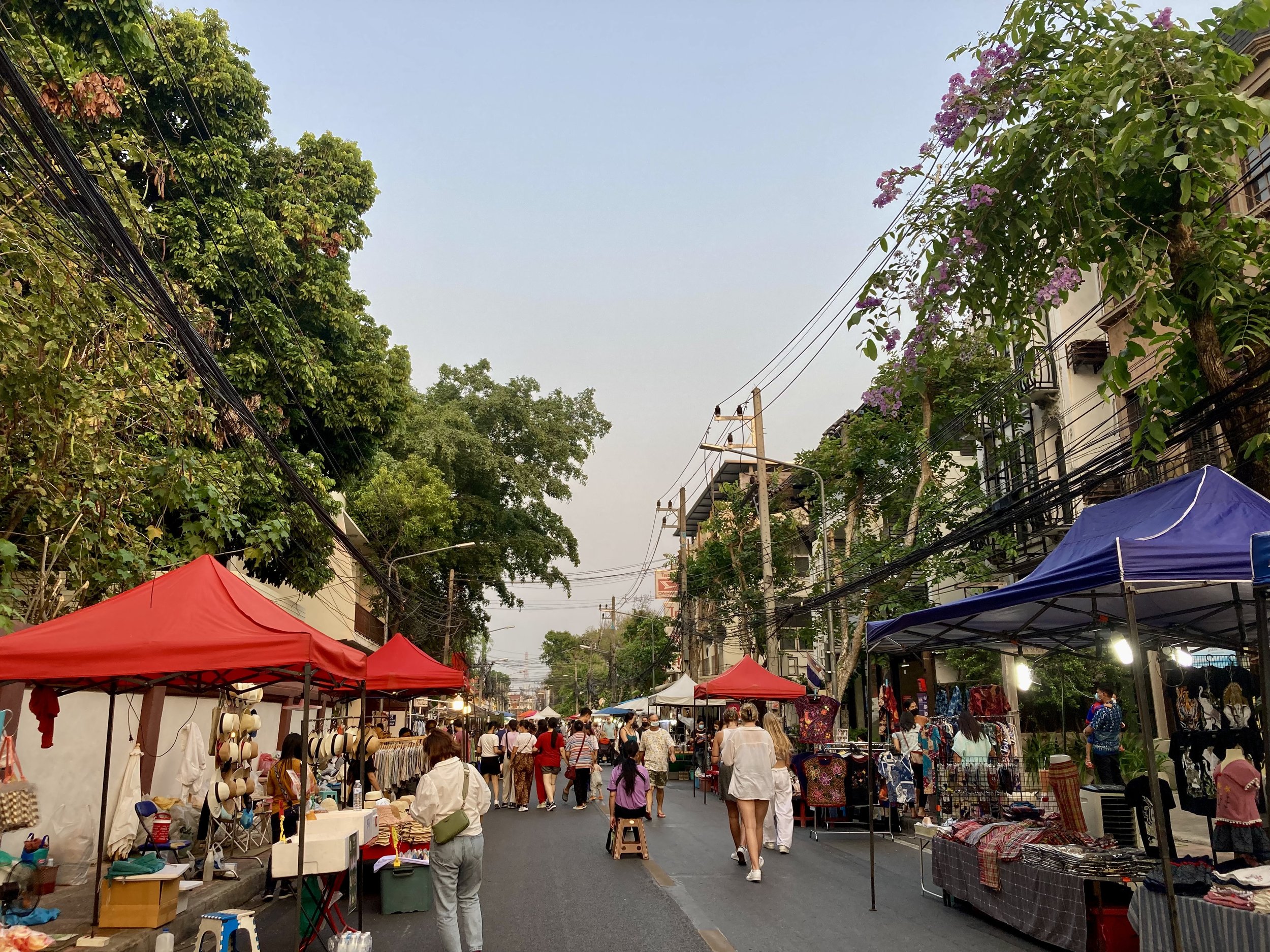


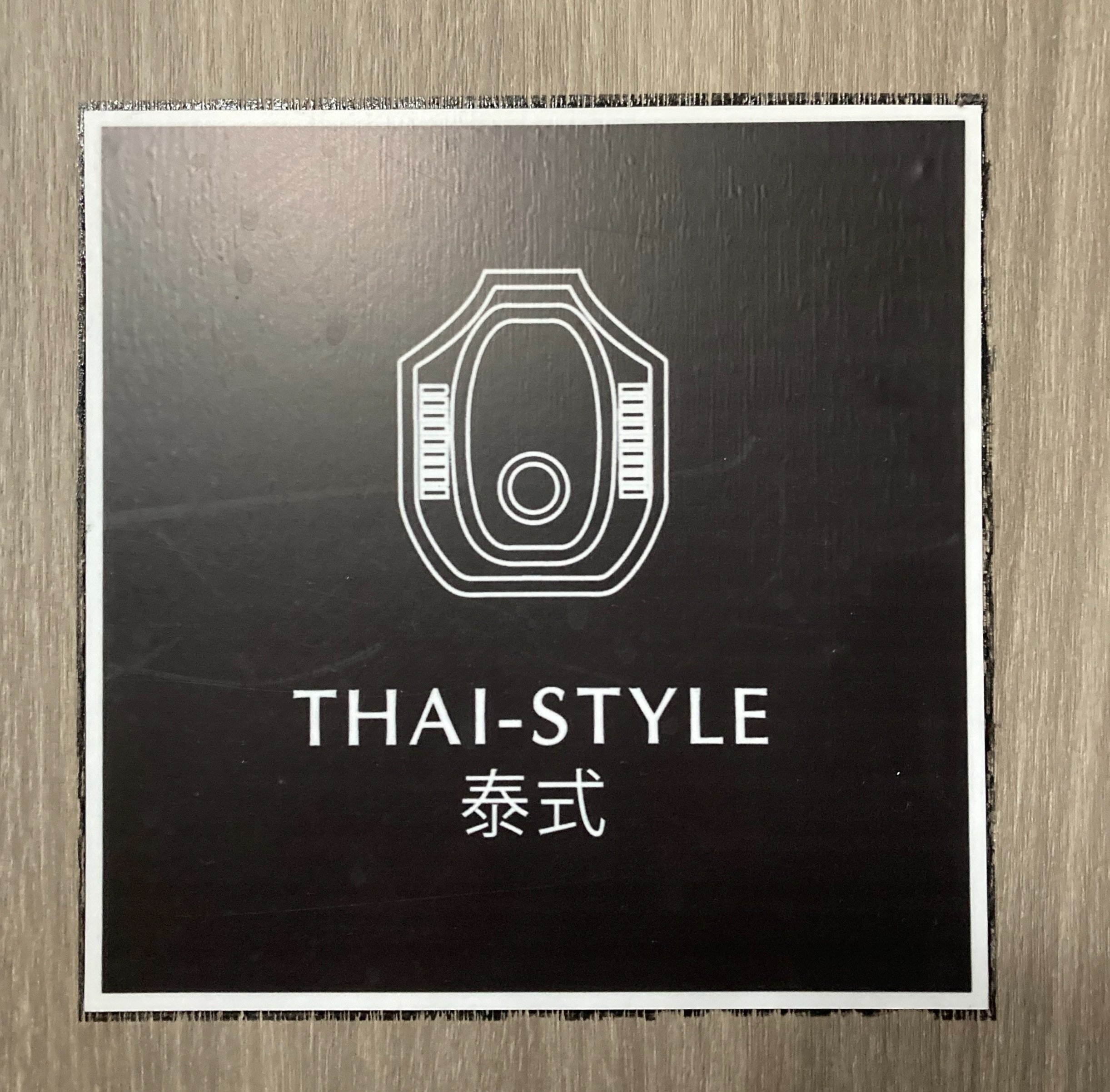
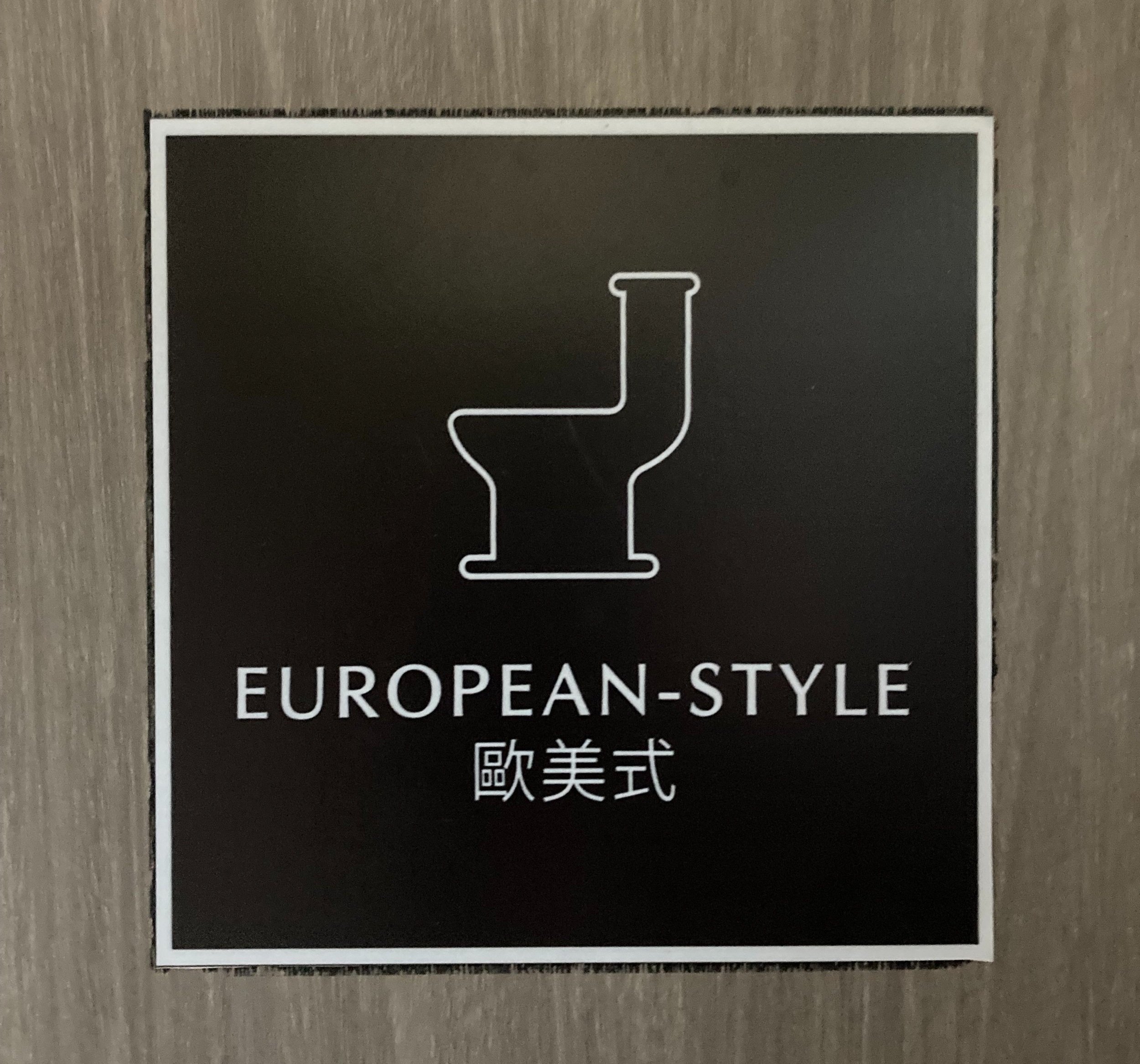
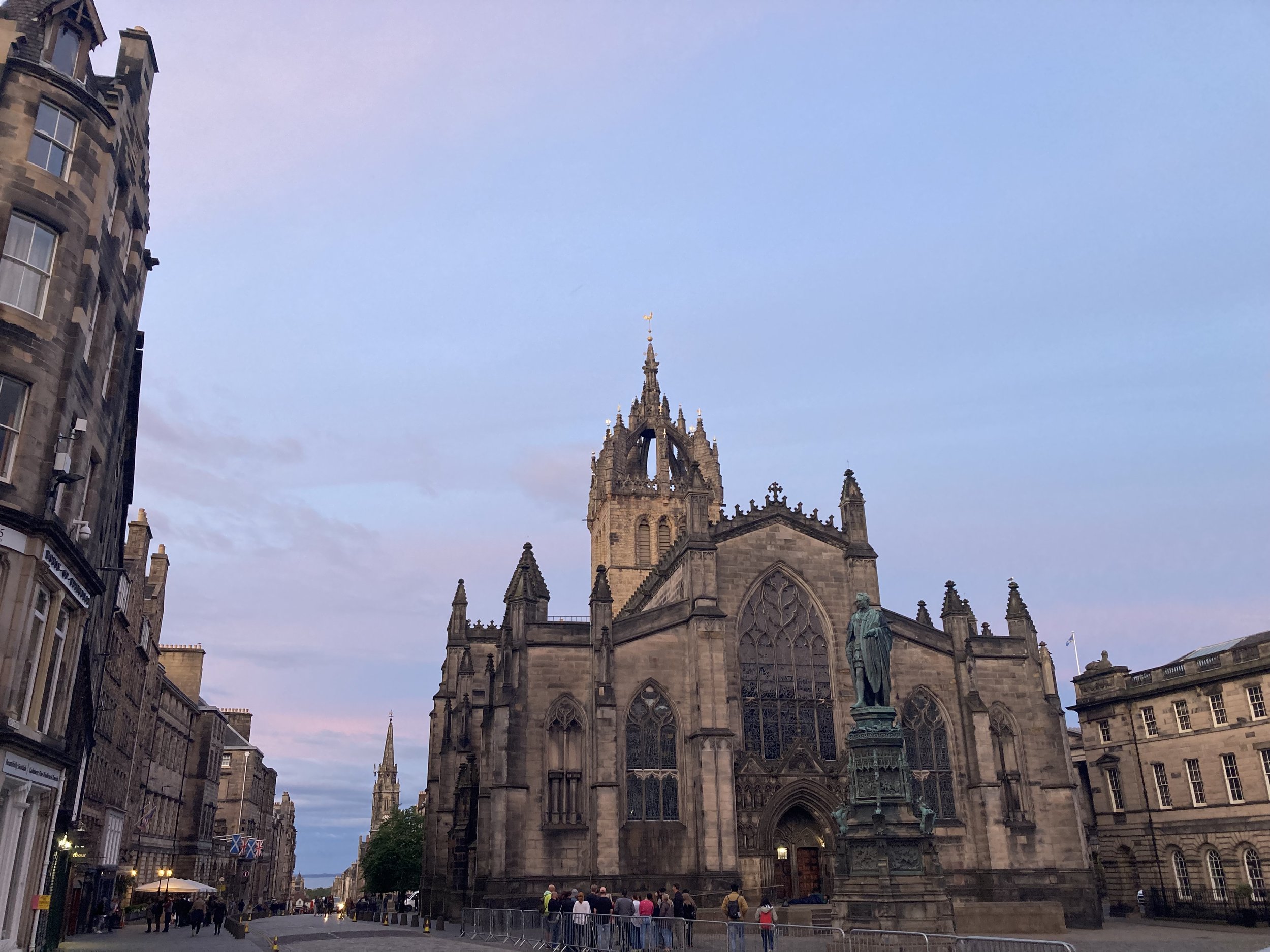



With incredible architecture, world-renowned street food and stunning gilded temples, Bangkok surprised us by being one of our favourite cities to date. For travellers wanting to focus on food and culture, these are what we believe to be the best ways to explore the city….